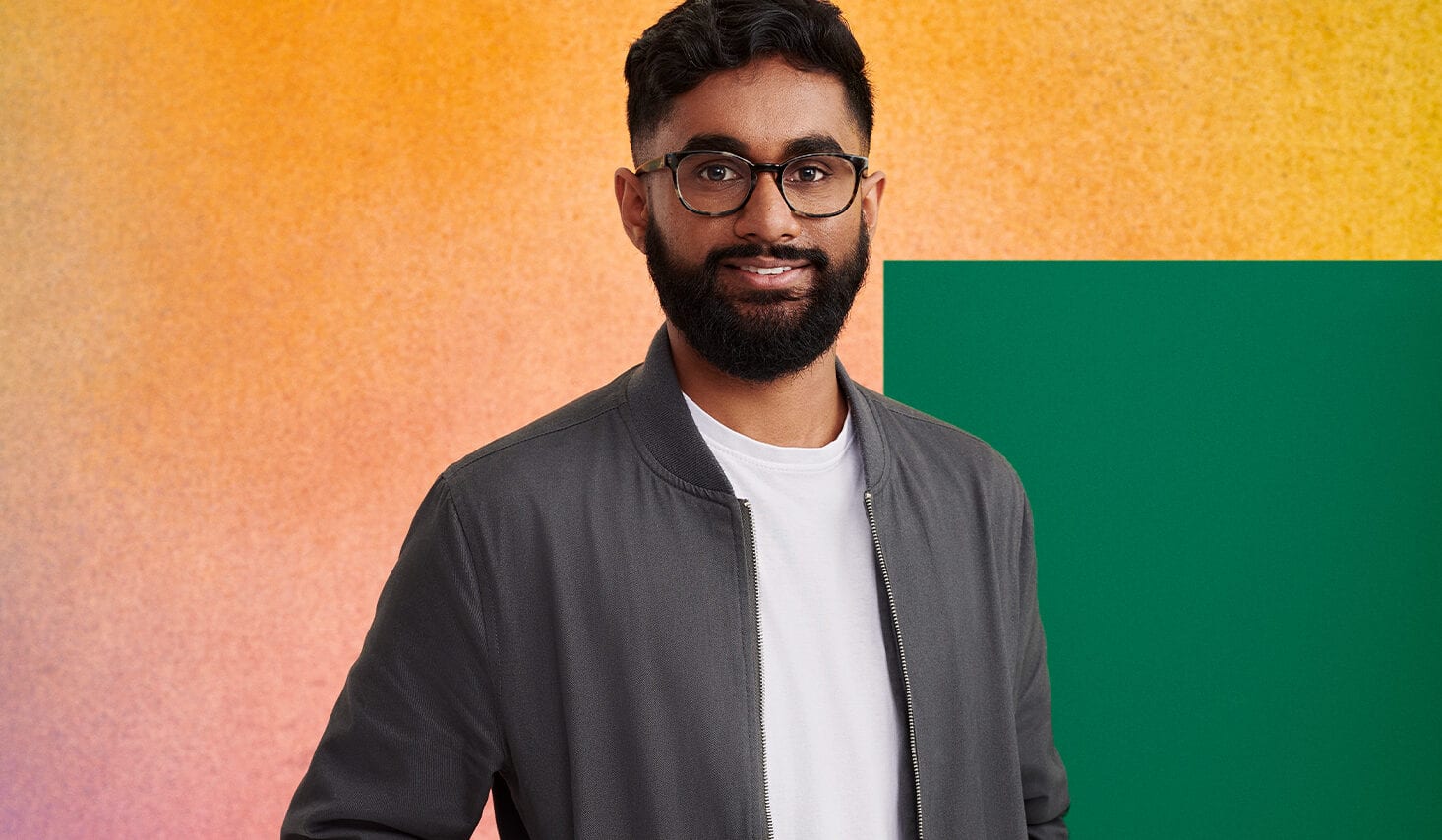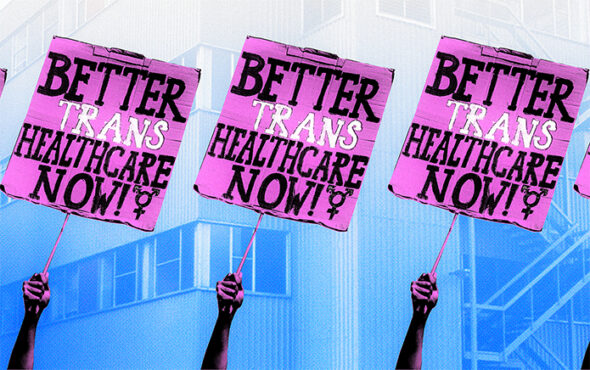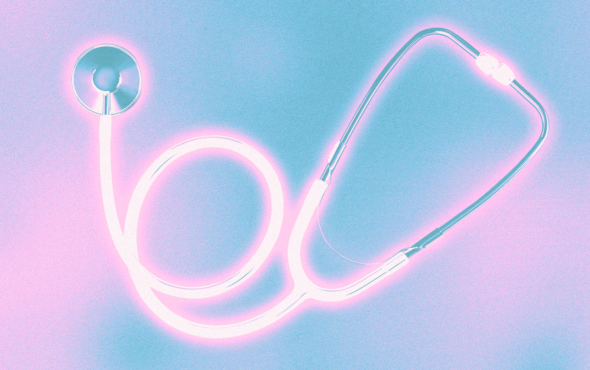
“People should be able to reach their potential whatever they are, however they feel and whatever they look like.” As Executive Support to the Chief Operating Officer of Commercial Banking, Lloyds Bank Role Model Sat has become an LGBTQ+ ally, and is all about learning new ways to help his colleagues bring their true selves to work.
Since joining the bank through the Retail Graduate Scheme in 2017, he’s had his eyes opened as to what can be done to help LGBTQ+ communities, and has recently championed a series of high-profile events exploring agendas that affect them.
To mark Pride 2021, we had a chat with Sat to hear more about why – and how – you can be a visible ally, the events he’s been involved with, and why to him it’s so important to keep an open mind about how to help LGBTQ+ communities.
Why was it important for you to become a visible ally for your LGBTQ+ colleagues? And how has Lloyds Bank empowered you to do so?
Being an ally is important to me because I can help make sure colleagues’ stories are heard – so everyone can feel authentic at work. Lloyds Bank creates opportunities across the spectrum to get involved as allies and start important conversations. In my role I’ve hosted three high-profile events since January. I’m loving the fact that there’s no bureaucracy around them – it’s because everyone agrees it’s such a good conversation to get started.
As an ally, how have you helped LGBTQ+ people at Lloyds Bank or within the wider community?
I first got involved with the Rainbow Network (the bank’s employee network for LGBTQ+ people and allies), as part of the graduate scheme. In my final placement I helped with Pride 2019; getting representation up by influencing more senior leaders to attend events across their local areas. Since then, I’ve kept that support going with LGBTQ+ events held by Commercial Banking. The first two were on intersectionality and trans allyship, with some high profile activist speakers. Then on 24th June there’s one on HIV called Breaking the Stigma. Some of these topics can be quite controversial, depending on who you speak to, but it’s really important to get those conversations started. I’ve enjoyed stepping up to educate myself on these subjects. Talking to our upcoming Breaking the Stigma speaker; It’s A Sin actor Nathaniel Hall, I’ve learned how we can address the mental health impacts associated with HIV. And that HIV is not just in the gay community – it can happen to anyone. I can’t believe so many people still think that it’s transmissible through touch. It’s just a disease at the end of the day; it doesn’t define you.
How has your work supporting LGBTQ+ colleagues helped you to learn about LGBTQ+ issues?
Getting involved with Rainbow Network events have opened up my own perspectives on other peoples’ stories – Rainbow is great at sharing colleagues’ stories to hear what people have been through and the struggles they’ve had to overcome. I was at the trans allyship event recently and we had a colleague there whose story drove home a point for me. He wanted to transition, but had faced so many struggles. He said that it’s only now that he’s in his 40’s that he feels able to be himself. 40 years is a long time to wait to be happy! It showed how we need to get these conversations started, and start them when they’re young. I’ve had to educate myself about these issues. I love the fact I’m learning more through organising these events and meeting the speakers and the contributors. Yes, you could read about these issues, but nothing compares to hearing the emotion of a story that’s told to you first hand.
What advice would you give to other people looking to do more for the LGBTQ+ community – and what are your hopes for the future?
Listen to people. Listen to their stories and experiences. As an ally, you want to get a real life understanding of what they’ve been through. You may not physically understand it, but you can empathise with it. For the future, I want to see everyone in LGBTQ+ communities reaching their potential. Nothing should hold them back from saying proudly who they are. And I want to see more people understanding their stories, and standing alongside them.


